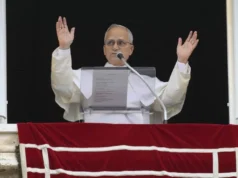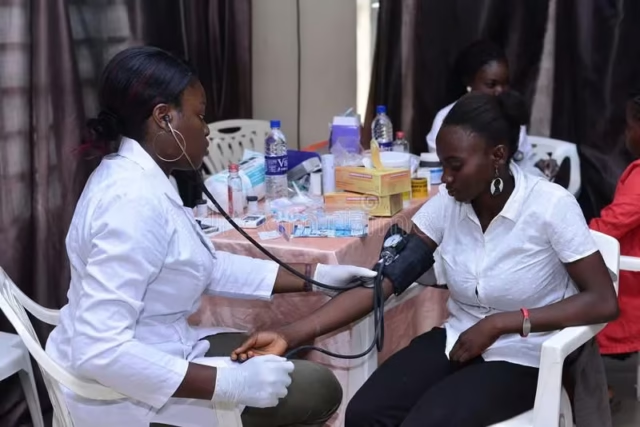
₦32.9 Billion Boost for Nigerian Health: FG’s Direct Cash Injection Sparks Hope and Accountability Debate
The Game-Changer: Federal Government Bypasses Abuja, Sends N32.9 Billion Directly to Local Health Centers
The Federal Government (FG) has made a monumental move to revolutionize primary healthcare in Nigeria, announcing the direct release of N32.9 billion through the Basic Health Care Provision Fund (BHCPF). This is not just a budget allocation; it’s a strategic shift, as the money is being channeled straight into the commercial bank accounts of Primary Health Care (PHC) facilities in every ward across the nation.
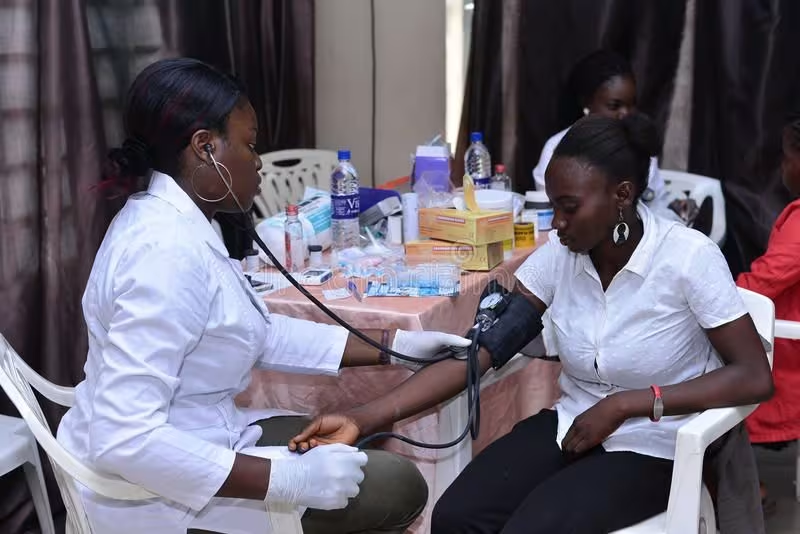
In a “Red Letter” statement on October 22, 2025, the Coordinating Minister of Health and Social Welfare, Prof. Muhammed Ali Pate, emphasized that the funds are “not sitting in Abuja.” This third round of funding in 2025 is designed to cut out bureaucratic bottlenecks, directly empowering local health institutions to deliver essential services and improve access to care at the community level.
The Great Debate: Empowerment vs. Accountability
While the direct disbursement of N32.9 billion is a cause for celebration and a clear indication of a “renewed commitment,” it immediately ignites a crucial debate about local governance and accountability.
Argument for Empowerment (Why This is a Win)
The Minister’s move is a decisive answer to years of criticism that healthcare funds were being lost to inefficiency and corruption at the federal and state levels.
Bypassing Bureaucracy: By sending the money directly to the PHC accounts, the FG drastically reduces the time and opportunity for funds to be delayed, diverted, or diminished by intermediaries. This enables rapid procurement of medicines and maintenance.
Local Ownership: The BHCPF structure mandates that PHCs plan and spend resources transparently in collaboration with their communities. This decentralization empowers local committees, traditional rulers, and youth groups to have a real say in what their specific community needs most, whether it’s a solar inverter for the maternity ward or better drug stock.
Restoration of Trust: Direct funding, coupled with the visibility of three rounds of disbursements in one year, signals a commitment to the foundational promise of the National Health Act (2014)—that basic, essential care should be guaranteed to every Nigerian, especially the vulnerable.
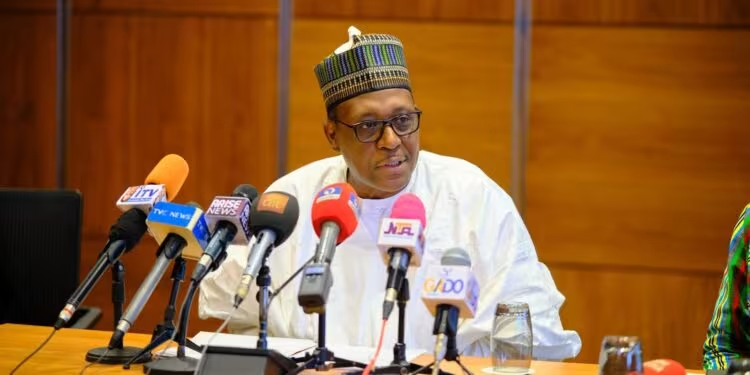
Argument for Caution (The Accountability Challenge)
The success of this disbursement rests entirely on the willingness of local communities to act as watchdogs. This is the government effectively telling citizens: We’ve sent the money; now, you must ensure it is used properly.
Community Capacity: The effectiveness of the money is limited by the capacity of the Ward Health Committees to manage complex accounting, procurement, and infrastructure projects. Do these local committees have the financial literacy and technical know-how to resist internal pressures or diversion tactics?
Vulnerability to Local Corruption: While the Abuja bottleneck is removed, the risk shifts to the local level. PHC administrators and committees might face pressure from local political strongmen or ward leaders who view the funds as a political war chest rather than health resources.
The “Tragedy of the Commons”: Citizens might struggle to hold PHC staff accountable if they are afraid of reprisal or lack the necessary training and legal mechanisms to report misuse. Prof. Pate himself issued a stern warning: “the lack of community involvement could undermine its impact.”
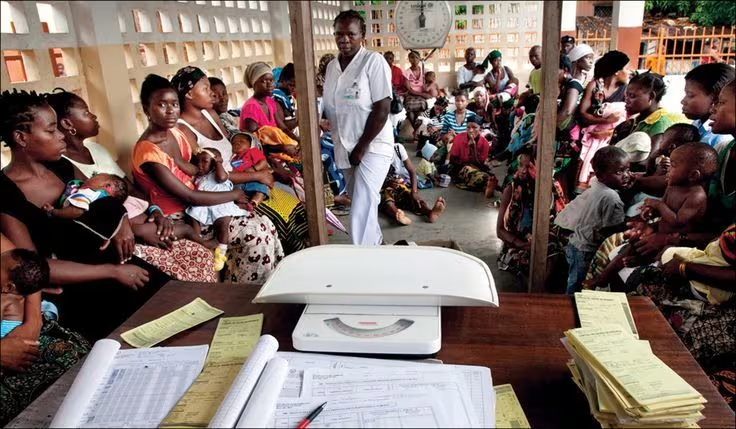
What Nigerians Need to Know & Do Now (Your Role as a Citizen)
This N32.9 billion injection is a powerful tool, but its impact is not guaranteed. Citizens are now the most important link in the chain.
| BHCPF Fact | Citizen Action Required | Impact Goal |
| Source: 1% of the Consolidated Revenue Fund + Donor contributions. | Demand Transparency: Ask your PHC to post a simple ledger showing the exact amount received and how it was spent (e.g., “N1.2m for new beds”). | Ensures every Naira translates to tangible improvements (safe deliveries, medicines). |
| Purpose: Essential health services, PHC strengthening, and emergency treatment. | Participate: Join or monitor Ward Health Committee meetings; if they don’t exist, demand they are formed. | Empowers the community to influence decisions and ensure needs are met (not just wishes). |
| Access: Eligible citizens (poor/vulnerable) can enroll via the State Social Health Insurance Authority. | Enroll and Advocate: Ensure all vulnerable members of your community are aware of and enrolled in the subsidized care program. | Guarantees that the intended beneficiaries—the poor and vulnerable—actually receive affordable care. |
The FG has done its part by opening the financial tap. The next, and arguably most challenging, phase is for Nigerian communities to step up, demand accountability, and ensure this N32.9 billion truly transforms local healthcare.
Join Our Social Media Channels:
WhatsApp: NaijaEyes
Facebook: NaijaEyes
Twitter: NaijaEyes
Instagram: NaijaEyes
TikTok: NaijaEyes




